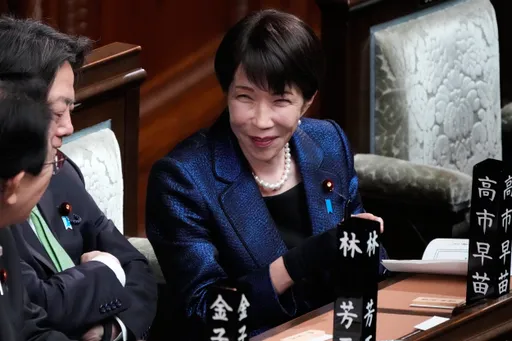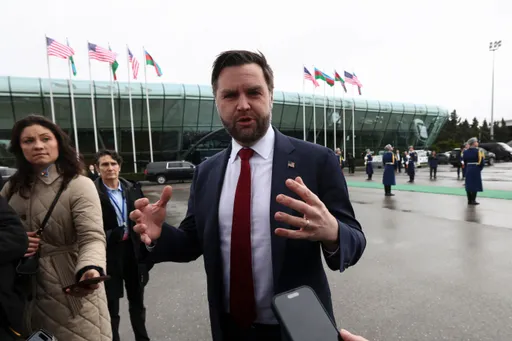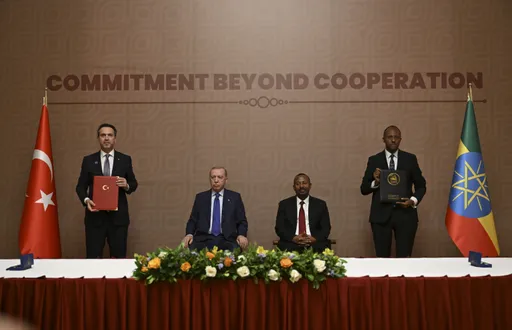China on Tuesday went on the offensive against international criticism over its handling of the coronavirus pandemic, accusing US politicians of "barefaced lies."
The new virus first emerged in the Chinese city of Wuhan late last year before spreading across the world, and countries including the United States and Australia have called for an investigation into how the disease transformed into a global pandemic.
But Beijing came out swinging on Tuesday in response to foreign criticism, saying the US was attacking China to divert attention from its own handling of the outbreak.
China also defended its ambassador to Australia who has warned that Chinese people could boycott imported goods in retaliation to the demands for a virus inquiry.
"American politicians have repeatedly ignored the truth and have been telling barefaced lies," Foreign Ministry spokesman Geng Shuang told reporters at a press briefing.
"They have only one objective: shirk their responsibility for their own poor epidemic prevention and control measures, and divert public attention," he added.
Geng said US politicians should "reflect on their own problems and find ways to contain the outbreak as quickly as possible."
US President Donald Trump suggested on Monday that he might seek damages from China over the outbreak, saying there were many options to "hold them accountable."
"We are not happy with China," Trump said at a White House briefing. "We are not happy with that whole situation because we believe it could have been stopped at the source."
Beijing also faces pressure from Down Under after the head of Australia's Department of Foreign Affairs and Trade, Frances Adamson, asked the Chinese ambassador to explain his boycott comments.
In a thinly-veiled threat, Cheng Jingye had warned the push for an independent inquest into the origins of the outbreak was "dangerous," and might prompt Chinese people not to buy Australian food or attend Australian universities.
But Beijing defended the diplomat in strident comments on Tuesday.
"The remarks by the Chinese ambassador are in response to the recent erroneous remarks made by the Australian side, which have aroused the dissatisfaction of the Chinese people and a possible impact on bilateral relations," said Geng.
"What's wrong with that?"
Tensions and doubt
Beijing and Washington have clashed repeatedly over the outbreak as tensions soar between the world's two biggest economic powers.
There have been nearly a million infections with more than 56,000 coronavirus-related deaths in the United States and the pandemic has shut down swathes of the economy.
In China, the outbreak seems to be under control with no new deaths reported for 13 straight days and the toll standing at 4,633 — although several countries have cast doubt on whether the numbers are accurate.
Trump and his Secretary of State Mike Pompeo angered Beijing last month by repeatedly referring to "the Chinese virus" when discussing the Covid-19 outbreak — although they later appeared to drop the term.
A Foreign Ministry spokesman in Beijing later suggested it may have been the US military which brought the virus to Wuhan — prompting angry claims from Trump that China was spreading misinformation.
Since then the US president has repeatedly attacked China's lack of transparency and the alleged slowness of its initial response to the outbreak.
Claims from the US that the virus actually originated at a virology institute in Wuhan with a high-security biosafety laboratory have also been angrily refuted in China, which has repeatedly responded to criticism by calling for countries to work together.
"(We) hope that other countries can work with China to do more things that are conducive to international cooperation and mutual trust, rather than just saying one thing and doing another," Geng said on Tuesday.























